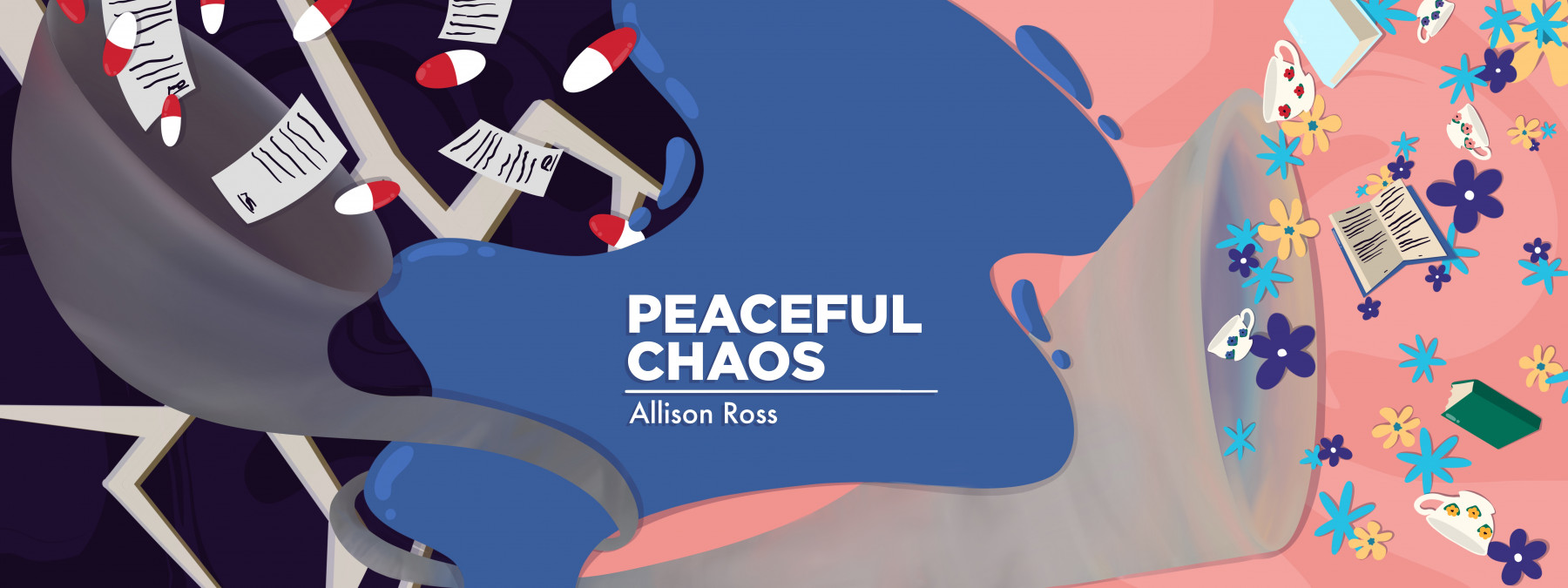Life milestones look different when you have vasculitis
A birthday becomes a moment to reflect on transitions, especially in health
Written by |

The first week of February, I turned 35. It was a typical, uneventful adult birthday — especially because it fell on a Monday. I happened to be traveling back from a weekend of out-of-state work, so besides some good wishes from family and friends, there wasn’t a huge celebration. (At least, not until this past weekend. Keep reading to find out what happened!)
I experienced a mild crisis when I turned 30. Maybe I’ll do the same at 40 or 50. Who knows?
Birthdays always offer an opportunity to assess my career goals, my relationships, and of course, my health. At yearly milestones, it’s natural for us to question how life is going and ask ourselves whether there’s anything we can improve.
Life often goes by as a series of material objects. A new degree framed on the wall. A wedding ring. A placard on a desk. A baby stroller. You can also observe it through social settings: birthdays, weddings, funerals, baptisms, family reunions, retirement parties. At some point, most people will adopt a pet, move to a new house, buy a different car, or have one or more kids.
But within the framework of a chronic diagnosis, milestones look very different. There is a specific transition from being healthy, to observing symptoms, then leading (hopefully) to a diagnosis and eventually remission. Most patients can tell you with surprising accuracy when they got certain bits of news from their physician without even looking up the date.
I think of the era before Dec. 6, 2004, as “before I was sick.” That day marked a significant pivot in nearly every aspect of my lifestyle. It’s the day I became so ill that I went to the emergency room for help breathing and woke up from a coma two and a half weeks later. I’ve written about this at length, if you’re interested in reading the full story.
In April of the following year, I was fortunate that a doctor monitoring my case pronounced a diagnosis: granulomatosis with polyangiitis (GPA, or Wegener’s granulomatosis at the time). It was a long few months of health struggles in between the December and April dates, but hearing an official diagnosis changed everything.
The years pass by, and we inevitably gain new knowledge about how to navigate our disease. There are always improvements we can make, such as beginning a new diet or workout regimen. Some people even mark time in regards to their illness in terms of days or weeks. One friend says her day begins and ends with the ceremonious opening of her pillbox!
For patients, if we’re taking a certain medication for an extended period, we might structure time based on when we began or discontinued its use. This is especially true for a drug like prednisone, which has detrimental effects that are both noticeable to us physically and observable to people around us. In this situation, even tapering down a number of milligrams per day can feel like a series of mini-victories.
Acceptance occurs when we can reconcile these unconventional milestones with the traditional ones. I may have had a relapse in early 2007, in my freshman year of college, but that’s also when I played at Carnegie Hall, which is a core memory for any budding professional musician. I graduated with my master’s degree the same year that CNN profiled me for a human-interest piece regarding my GPA journey. And I moved from Cleveland to Kansas City, Kansas, at the same time I switched doctors, another major moment in a vasculitis patient’s experience.
Though I’m in remission, I might always retrospectively view the passage of time in this segmented way. There are points marked off that affected nearly everything about how I live, which I think of as “pre-sickness,” “while I was sick,” and “remission.”
It’s impossible to know whether I’ll ever relapse. But if I do, I’ll face its timetable with confidence, knowing that my past experience will help me create a framework. I know I have the ability to track and fight vasculitis obstacles because I’ve been doing it since I was 16.
If you’re in a time of stability, I’m happy for your success! But you might still be in flux, like switching medications or asking your provider what comes next. Regardless, it all creates a patchwork of memories that make you who you are.
By the way, to celebrate my birthday properly this year, I spent a long weekend in New Orleans. But the days when I’m healthy and happy are enough excuse to celebrate being alive.
Note: ANCA Vasculitis News is strictly a news and information website about the disease. It does not provide medical advice, diagnosis, or treatment. This content is not intended to be a substitute for professional medical advice, diagnosis, or treatment. Always seek the advice of your physician or other qualified health provider with any questions you may have regarding a medical condition. Never disregard professional medical advice or delay in seeking it because of something you have read on this website. The opinions expressed in this column are not those of ANCA Vasculitis News or its parent company, Bionews, and are intended to spark discussion about issues pertaining to ANCA vasculitis.







Michael Black
Happy Rare Disease Day!